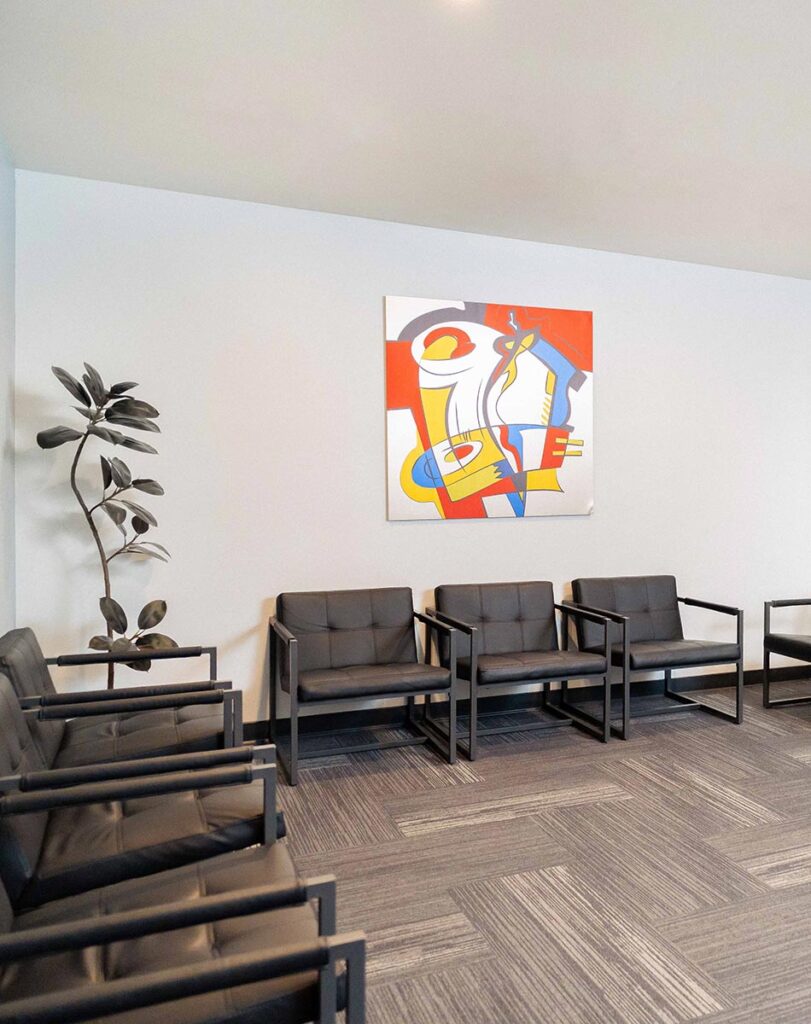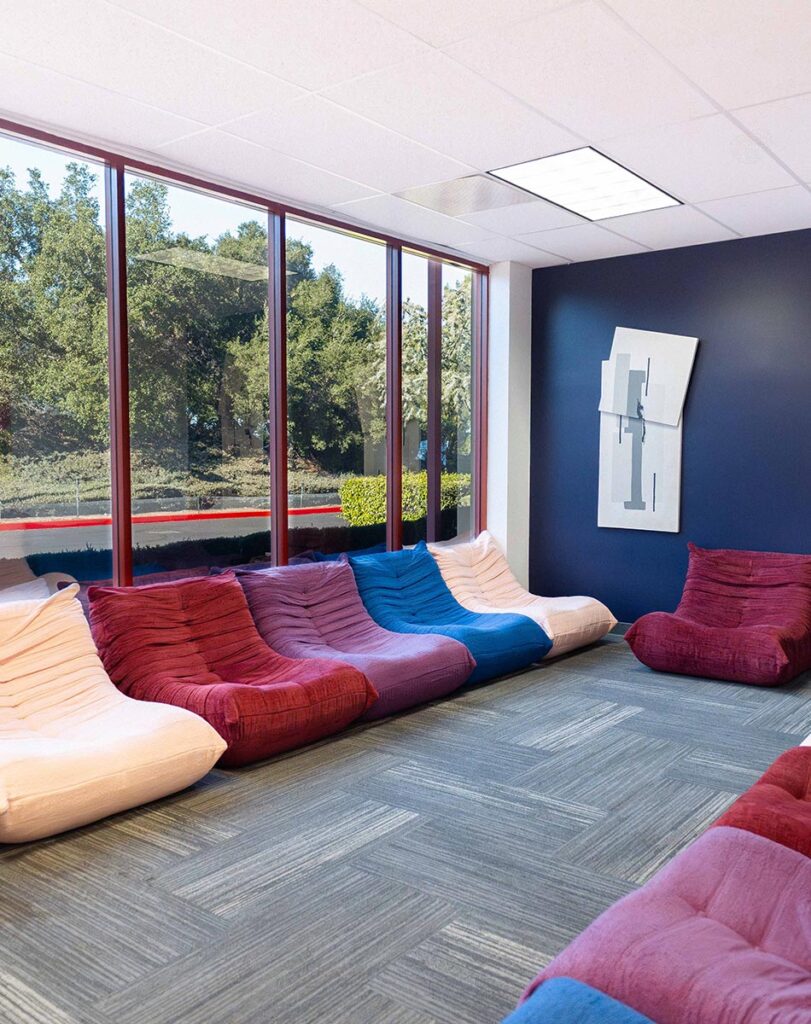People report feeling intensely sad, anxious, tired and distracted, with periods of highs and lows.
One of the hardest parts of living with mental illness is that other people can’t “see” the pain. This leaves individuals feeling alone and empty, which only drives them further into their illness and potentially towards substance use. Fortunately, life does not have to be this way. Treatment is available and healing is possible.
Nearly 20 percent of Americans are currently living with mental illness, but over half do not receive treatment. Lotus Recovery Mental Health Treatment in Thousand Oaks, CA is here to change the trajectory for individuals experiencing mental health problems. We know that it’s possible to live happily and healthily with mental illness, and we are here to lead the way.
Mental Health Disorders We Treat
At Lotus Recovery, we are dedicated to providing comprehensive and compassionate care to individuals with mental illness. We treat a wide range of mental health disorders and have teams of experienced professionals who will help you navigate the challenges of mental health and start you on the path to recovery. Our mental health evaluation and treatment in Thousand Oaks, CA, programs include personalized care plans tailored to your needs, ensuring you receive the right support nearby.
Lotus Recovery offers mental health treatment for the following disorders:
Anxiety disorders
Anxiety is a normal reaction to stress, as it alerts us and helps us pay attention to danger. However, it can become a problem when it interferes with daily functioning and causes you to be on high alert, even when there is no threat.
Anxiety disorders, such as phobias, generalized anxiety disorder (GAD) and panic disorder, are the most common mental health disorders. They affect nearly 30 percent of people at some point in their lives. Cognitive behavioral therapy (CBT), mindfulness-based stress reduction and relaxation techniques can help build resilience and manage your symptoms.
Mood disorders

Personality disorders
Personality disorders are mental disorders that involve patterns of thoughts and behaviors that are different from what’s considered normal in your culture. People with personality disorders often have a hard time understanding emotions and often act impulsively. This makes it hard to relate to others, causing serious problems in relationships, as well as issues at work, school and social activities. Treatment depends on the specific type of personality disorder, though dialectical behavior therapy (DBT) and medicines have shown to be most effective.
PTSD/Trauma
Dual diagnosis

Mental Health Treatment in Thousand Oaks
If you or a loved one is experiencing mental illness, contact Lotus Recovery today.
Our team will conduct a complimentary consultation over the phone so that you can explore our services and take the next steps towards healing.
